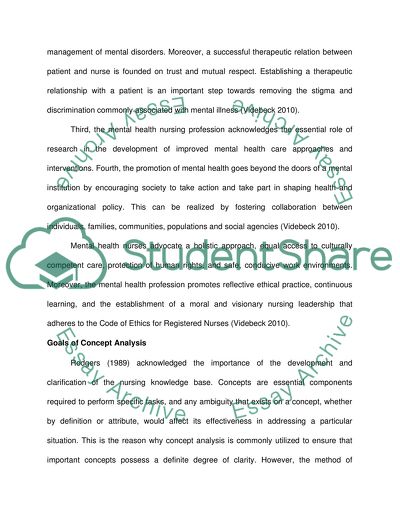Cite this document
(“Concept Analysis. The Concept of Therapuetic Relationship in Mental Essay”, n.d.)
Retrieved de https://studentshare.org/environmental-studies/1416901-concept-analysis-the-concept-of-therapuetic
Retrieved de https://studentshare.org/environmental-studies/1416901-concept-analysis-the-concept-of-therapuetic
(Concept Analysis. The Concept of Therapuetic Relationship in Mental Essay)
https://studentshare.org/environmental-studies/1416901-concept-analysis-the-concept-of-therapuetic.
https://studentshare.org/environmental-studies/1416901-concept-analysis-the-concept-of-therapuetic.
“Concept Analysis. The Concept of Therapuetic Relationship in Mental Essay”, n.d. https://studentshare.org/environmental-studies/1416901-concept-analysis-the-concept-of-therapuetic.


